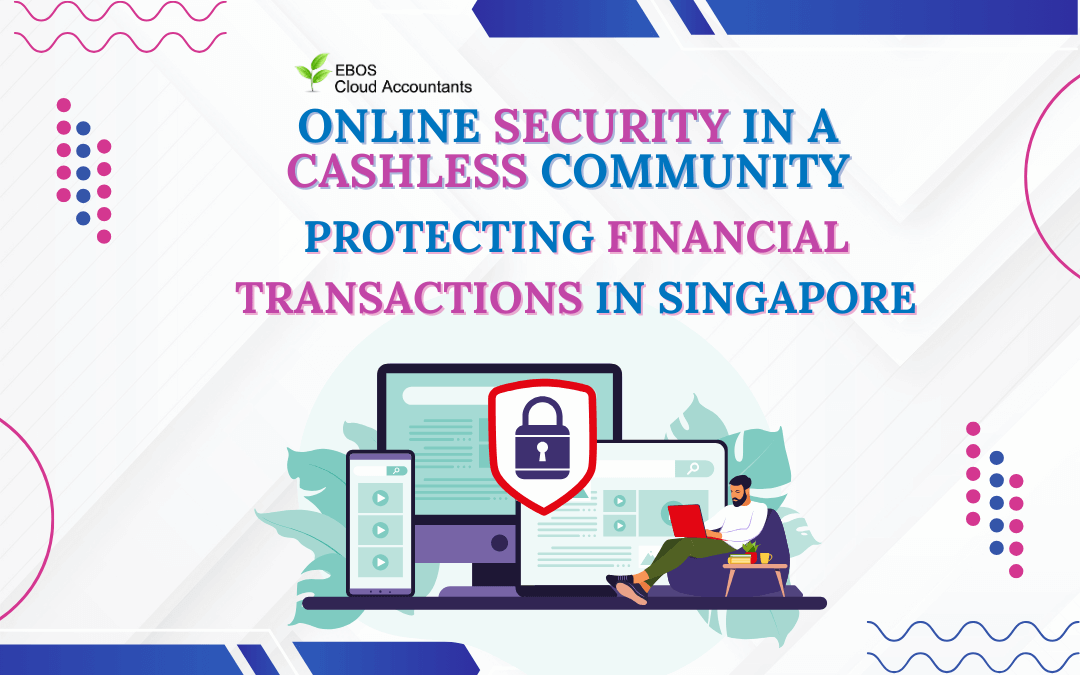Southeast Asia, with its active economy, diverse cultures, and thriving financial sectors, has emerged as a hub for global financial activities and innovations.
Singapore, a small city-state in the center of this region, has quickly transformed into a major financial hub, attracting a slew of corporations, banks, and fintech firms.
However, being a financial center, it draws money laundering crimes. We’re going to look at how to protect financial transactions in Singapore in this article.
Be Cautious and Vigilant
Being cautious and observant is one of the first lines of defense against cyber threats. Be vigilant of any questionable phone calls, emails, or messages. Always be skeptical of such communications.
Clicking on unfamiliar websites or downloading attachments from untrusted sources should be avoided. When you browse the web, be sure the websites you visit have a secure connection, which is represented by a padlock icon in the browser’s address bar.
Use Secure and Unique Passwords
It is critical to create strong and unique passwords in Singapore in order to safeguard your accounts from illegal access.
Avoid using obvious passwords or information like your birthday or pet’s name. Instead, use a combination of uppercase and lowercase letters, numbers, and unique characters.
You must also use a distinctive username and password for each online account you hold, such as your local bank account and apps developed by third parties like FoodPanda or GrabFood. Unique passwords will prevent hackers from gaining access to all of your accounts in the event of a data breach on one site.
Turn on Two-Factor Authentication
Two-factor authentication (2FA) offers an extra layer of security to your accounts. Adding 2FA to your login process adds a step, usually in the form of a verification number SMS to your smartphone. To access your account, you must enter this code along with your password.
In Singapore, most local banks and third-party apps enable 2FA. Use this function to improve the security of your financial information. Even if they obtain your password, they will still want access to your mobile device to validate the login. It greatly decreases the possibility of illegal access to your accounts.
Monitor Your Expenditures and Transactions
DBS Payment Controls, in addition to providing extra security features to your credit/debit card(s), gives you complete control over how much you wish to limit your credit/debit card spending during the billing cycle.
When receiving unsolicited communications, especially those asking for sensitive information, proceed with caution. Verify the sender’s identity, avoid clicking on suspicious links or downloading attachments from unknown sources, and create strong, one-of-a-kind passwords for online accounts.
In Summary
Protect yourself online by enhancing your understanding of current scam methods with our security warnings and staying up to date on the newest fraud trends through reputable sources.
This allows you to anticipate potential red flags. Regularly educate yourself and your loved ones on common signs of phishing attempts, and report any unusual activity immediately.







